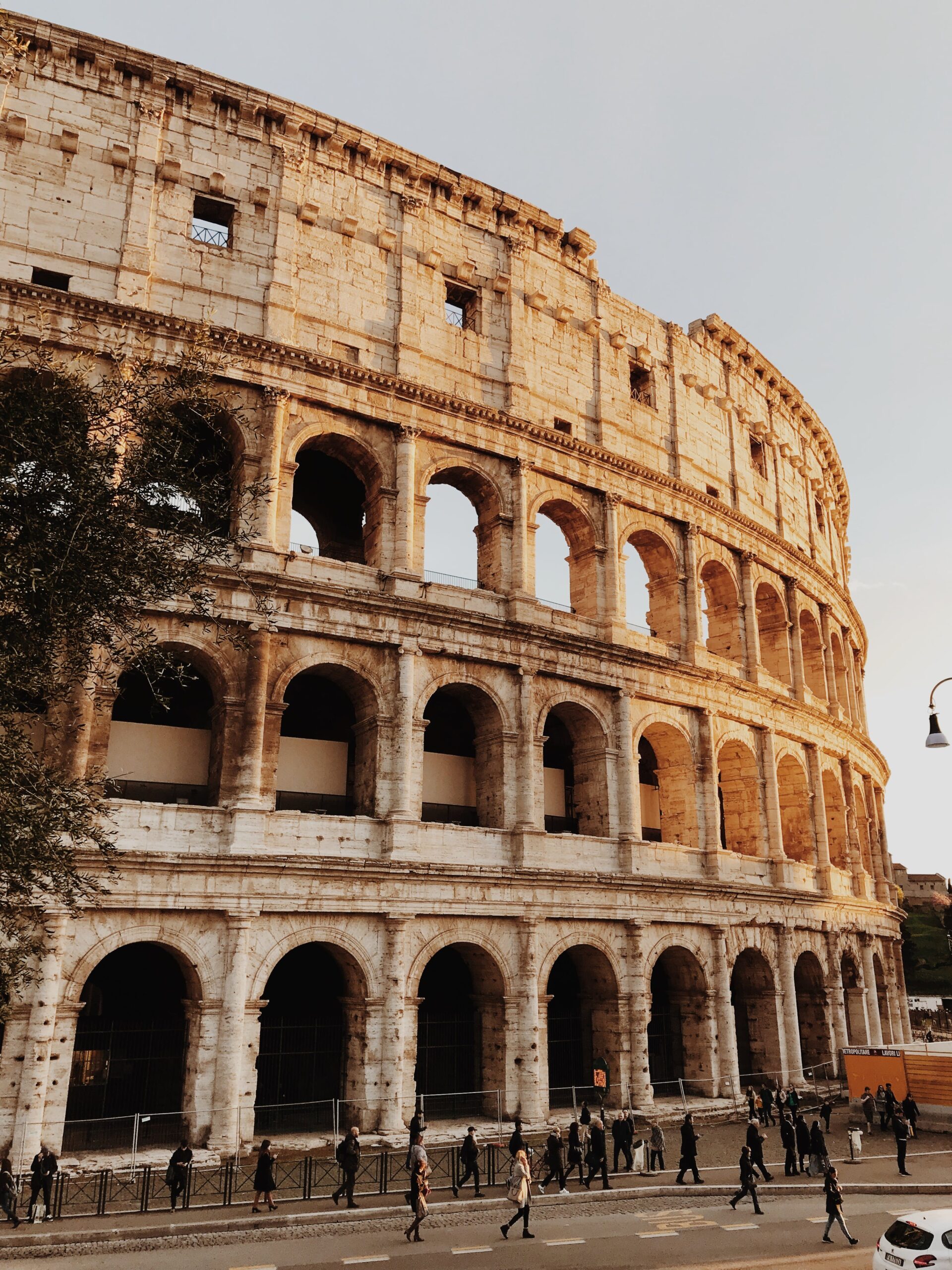Understanding the Dung Principle
In Philippians 3:8, the apostle Paul said, “Yea doubtless, and I count all things but loss for the excellency of the knowledge of Christ Jesus my Lord: for whom I have suffered the loss of all things, and do count them but dung, that I may win Christ.” (Emphasis mine)
When it came to counting losses, Paul had already counted them all. Not unlike Esther who said, “If I perish, I perish,” he already knew that if anything stood in the way of him coming to know who Christ was and His power, then that thing was was worthless. It was to him as dung, as manure on the side of the road. When he stepped into the arena of risk to face whatever stood before him—and there were some daunting moments in his life—he had already laid down everything. Paul had learned both the importance and the practice of living open-handed. He understood that his life was not his own. It had been bought with a price. Anything that stood between Him and Christ was vile, foul-smelling, bug-infested, decomposing poop.
Why is this understanding so important in evaluating risk? Because these steps of risk, these moments when we step out in faith to do something that seems impossible—these are the moments that teach us who God is. Whatever stands between us and that—is dung.
Jesus himself couched his admonition to count the cost in this very principle. In Luke 14:26-27, Jesus turned to the multitude and said, “If any man come to me and hate not his father, and mother, and wife, and children, and brethren, and sisters, yay, and his own life also, he cannot be my disciple. And whosoever does not bear his cross, and come after me, cannot be my disciple.”
And then, after He has given this admonition to count the cost, in verse 33, Jesus goes on to say, “So likewise, whosoever he be of you that forsaketh not all that he hath, he cannot be my disciple.”
This sounds like an incredibly high expectation, but how does it differ from the life Christ himself lived on our behalf? When He came to earth, He laid down everything. Before Him stood not only the risk but the reality of hunger, fatigue, poverty, homelessness, mocking, beatings, and ultimately death. This was the risk He was willing to take for us. When he called His disciples into His circle, He was calling them into that risk. They had to come in empty-handed. They had to come in with no fragment of their own life remaining in their possession. It had to be exchanged for the glory beyond the risk.
This is why Paul describes this sacrifice as our reasonable service in Romans 12:1. Not because it seems a fair price on today’s market, but because in light of what we have been given, it is a logical (reasonable) gift to give in return.
As we evaluate the risk and count the cost of the endeavor before us this is often what tips the scales. But the evaluation is no less important. When Jim Elliot and his four companions went into the jungles of Ecuador, they (and their wives) did so knowing these men might never return. Deciding that “he is no fool to give up what he cannot keep to gain what he cannot lose,” they went forward. But first, they counted the cost.
What risks are before you? Have you spent time evaluating them? Have you embraced the Dung Principle? Are you still holding something tight in your hand? Is God saying to move? Or is He saying to wait? Are you overestimating the probability of loss? Or you underestimating it? I encourage you to take time today to sit with God and the risk before you and to get very, very real about it all.

